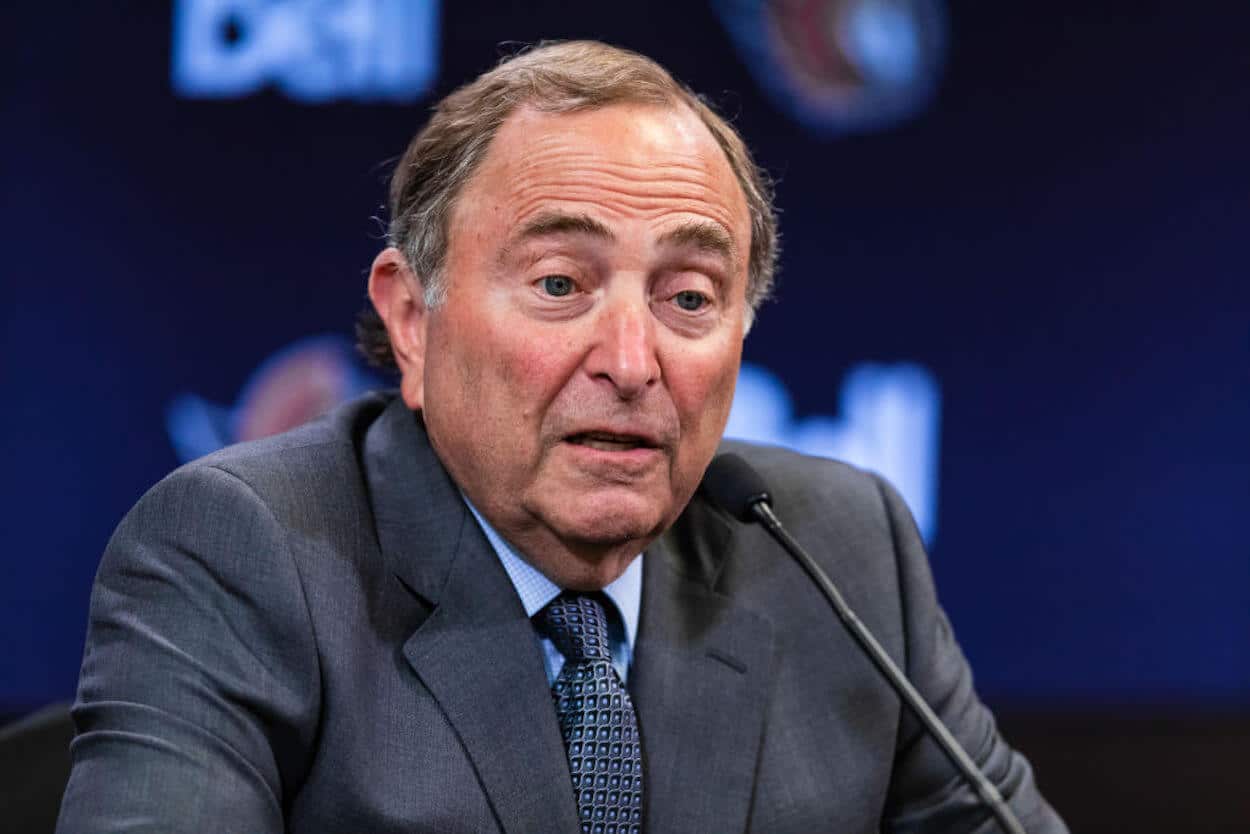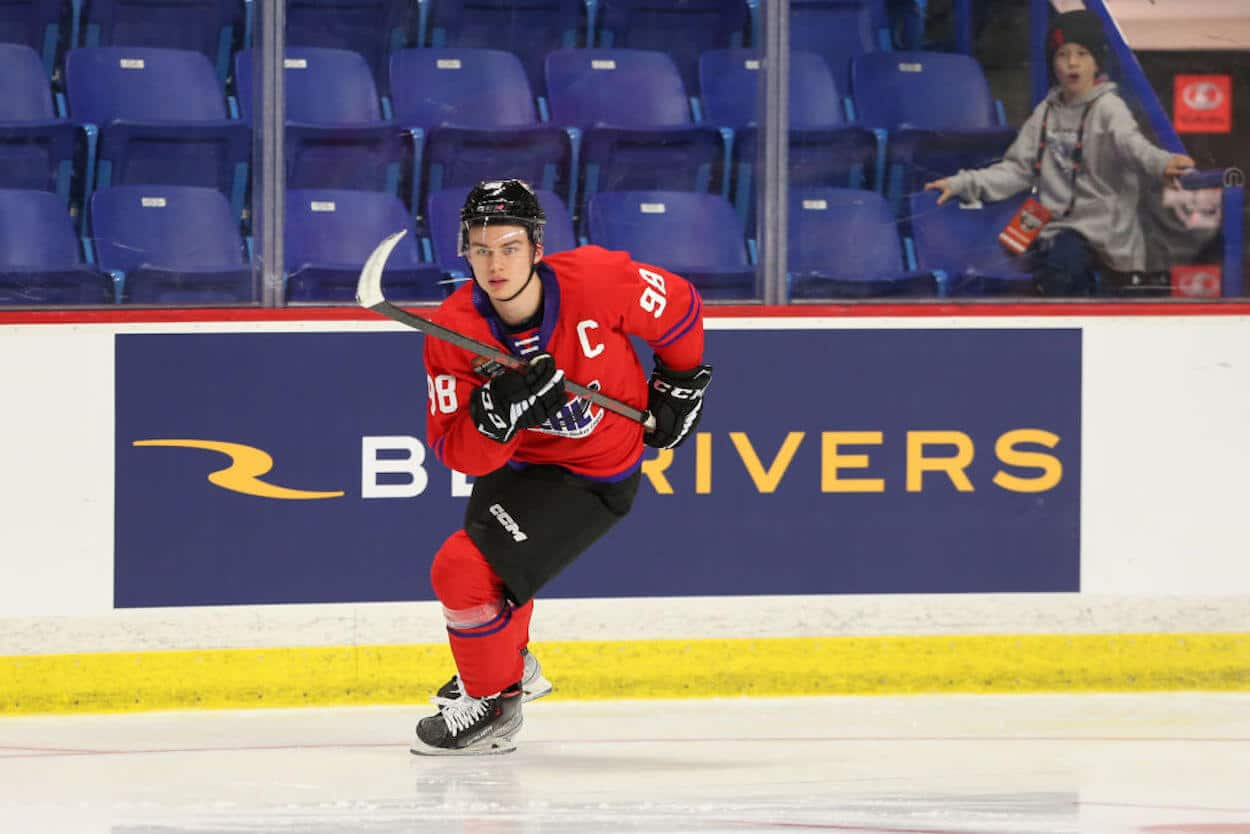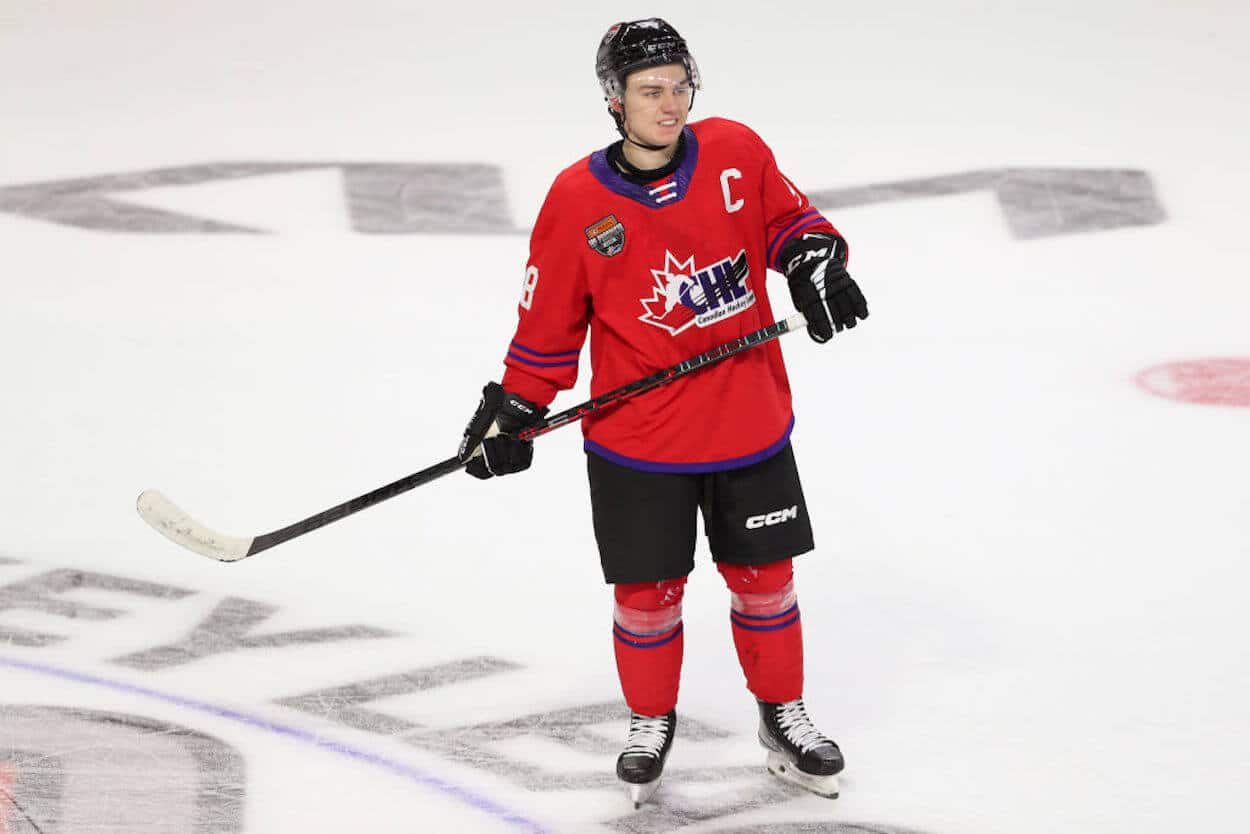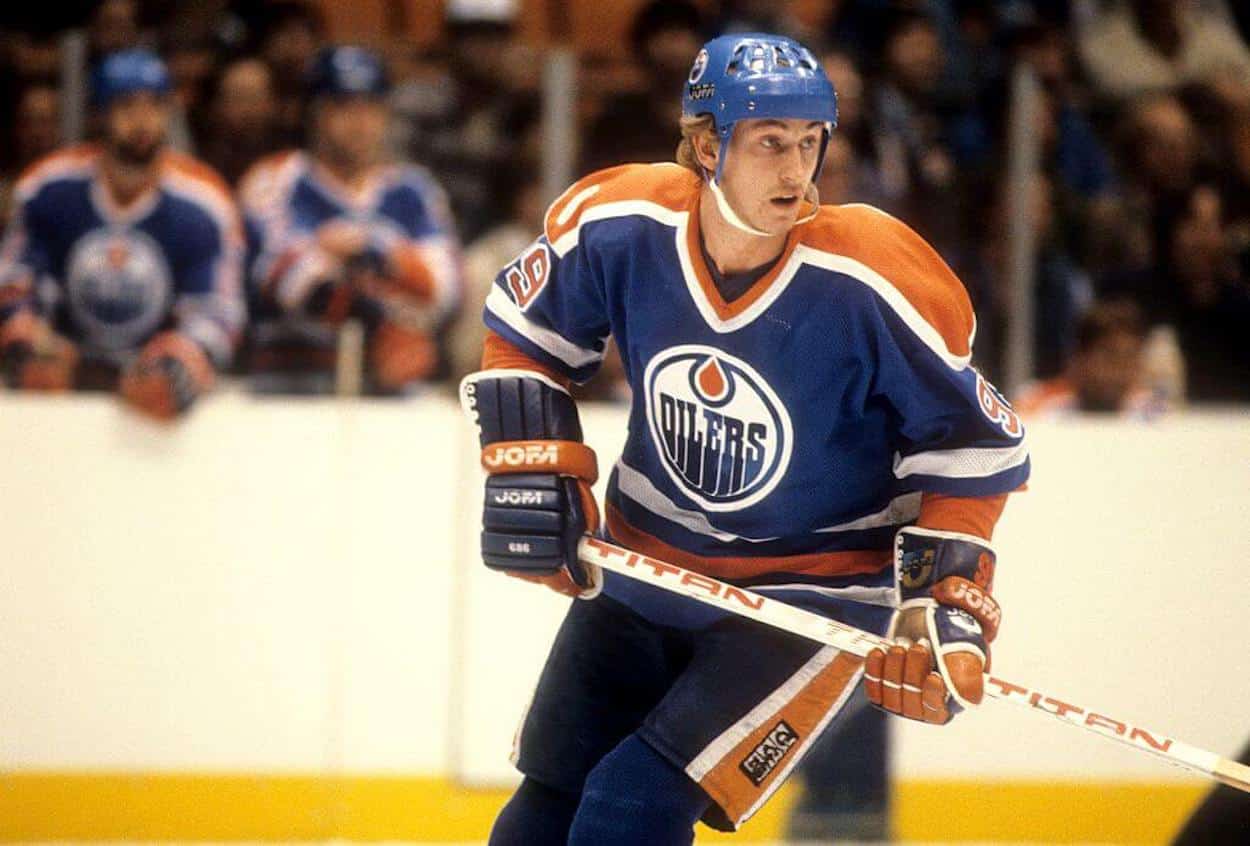
Gary Bettman’s Biggest Failings Are Perfectly Captured in a Single Chart
Being the commissioner of a professional sports league can be a thankless job. Criticism from fans simply comes with the territory; it’s your job, after all, to make the owners, not the folks in the stands, happy. During his time atop the NHL food chain, Gary Bettman has come to understand that reality firsthand.
With that being said, though, Bettman’s tenure has generally been well-received within the league. He’s served as commissioner for more than 30 years and earned a place in the Hockey Hall of Fame.
At the same time, though, we shouldn’t pretend that the New York native’s leadership has been perfect. Even if we set aside quote-unquote softer factors — like the fact that hockey culture can still be less-than-ideal — a single chart comparing player endorsement money shows exactly where Bettman has fallen short.
NHL earnings and endorsements lag behind the competition
While many fans aren’t thrilled with the fact that professional sports have become a big-money business, that’s simply the reality of modern life. And, while the NHL is part of the big four North American leagues, they’re barely playing in the same sandbox.
On Twitter, Sportico’s Lev Akabas shared a graphic showing how the top-15 earners in different sports make their money. While no hockey fan would be naive enough to expect the ice game near the top of the list — a $100 million contract is still a big deal, after all — seeing the sheer scale of the disparity was rather striking.
In terms of salary, the NHL’s top dogs earn $151 million; the next closest competition, soccer, clocks in at $535 million. Things are even worse on the endorsement side of the ledger. The NHL, again, sits in dead last with $16 million across 15 players. For context, baseball was the second-worst on the endorsement front at $66 million.
And while you could argue that using the top-15 athletes isn’t the greatest sample size, the message seems clear. On the commercial front, the NHL is lagging behind the competition.
The idea of growing the game sits firmly at the heart of the Gary Bettman conversation
Upon first blush, growing the game can sound like one of those fluffy PR terms that were created solely to make it seem like an executive is working on something important. When we’re discussing Gary Bettman, though, it is at the heart of the matter.
On the positive side (or, at least, theoretically positive), the NHL has expanded since 1993. There are new teams in new markets, many of which were considered unconventional choices. Some of those — sorry, Arizona — haven’t exactly worked, but the league does deserve credit for finding success in places like Tampa Bay and pushing into Las Vegas.
Beyond that, things get a bit more complicated. In terms of salaries, things have grown under Bettman’s watch, but the NHL still lags behind the competition. Does the average fan really care about contract length and salary? Maybe not, but it’s still indicative of the cash flow.
Moving on to the second metric from the graphic, though, things seem pretty grim. Again you could argue that the actual money doesn’t matter, but those endorsement dollars are somewhat of a shorthand for the amount of relevance NHL players hold. In short, no one really cares about hockey.
And, regardless of how you feel about the commercialization of pro sports, that matters. Relevance is what makes a league matter. If you aren’t relevant and no one cares about you, the money dries up, and the entire house of cards starts to crumble.
The problem isn’t all Gary Bettman’s doing — hockey is built on a culture of putting the team first and eschewing individual glory — but, as the league’s top dog, he does have some say in how things work. Based on the league’s less-than-ideal TV experience with NBC, the NHL could have pushed ESPN to take a more active role in promoting the league and its players. Instead, we’ve got the network’s biggest name essentially saying that hockey is irrelevant.
On an internal level, we can apply similar sentiments. Do I expect Bettman to whip out his cell phone and start producing social content himself? Of course not, but the league can encourage its teams and players to show a bit more personality. Official broadcasters can show celebrations and skills rather than having the underlying message be that those demonstrations of individuality aren’t part of hockey.
Again, I’m not too concerned about the actual dollar figure attached to NHL endorsement deals. Instead, I’m relying on the idea that money talks and hoping that the sheer disparity between hockey and other sports will underscore that something has gone wrong. Marketing can feel a bit weird, especially from a sports fan’s perspective — what, you mean people don’t just naturally like this? — but it’s how a league grows. And, if a league isn’t growing, it’s getting closer and closer to irrelevance.
As someone who is a fan of hockey, that’s a nightmare scenario.



